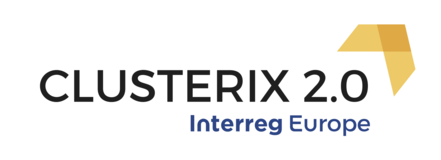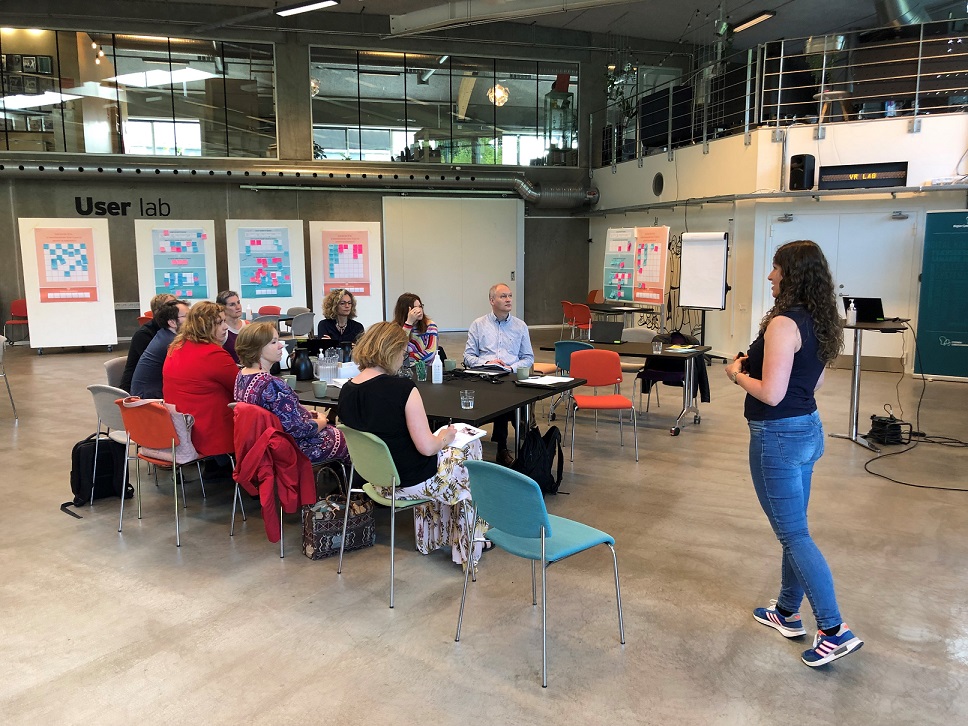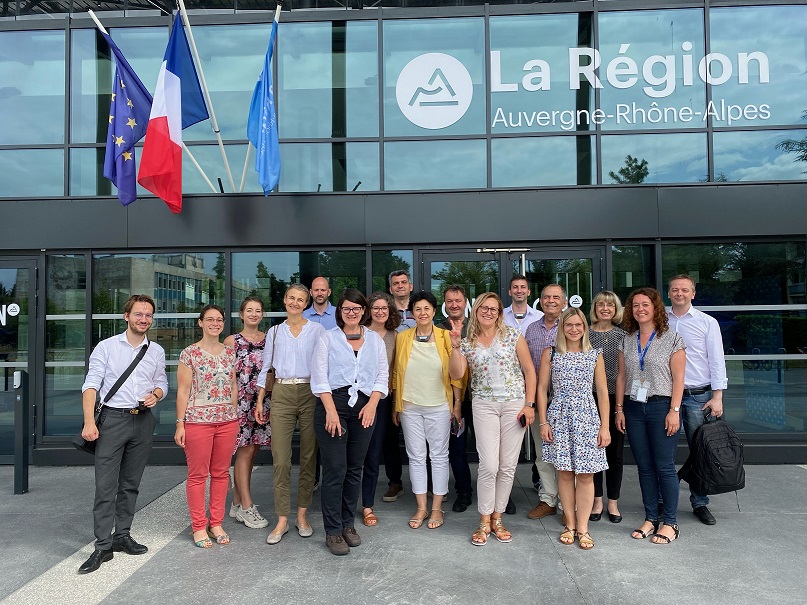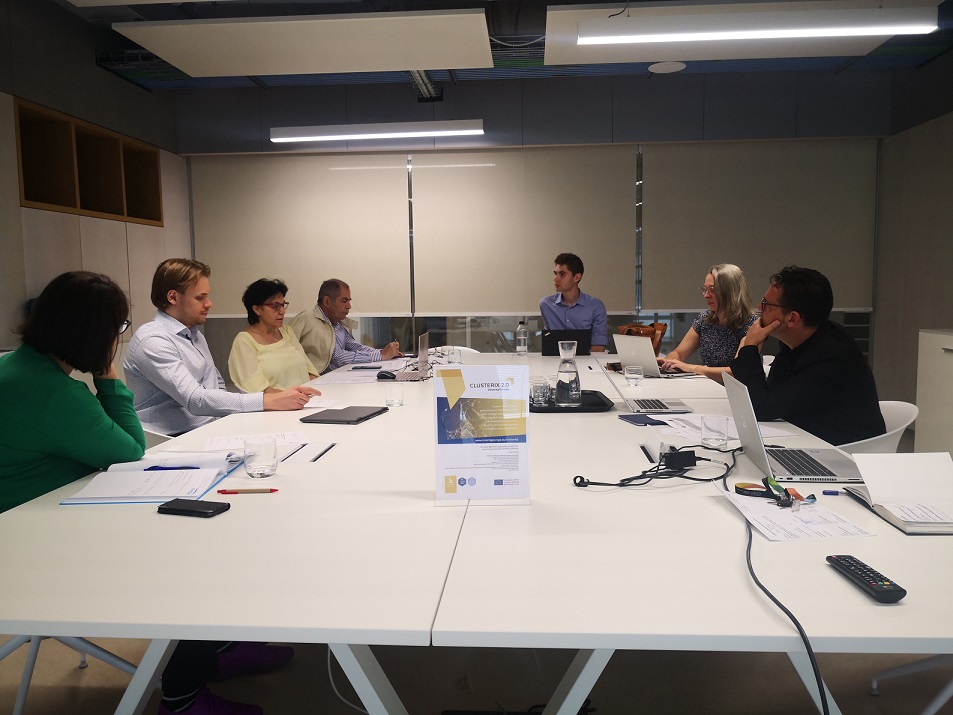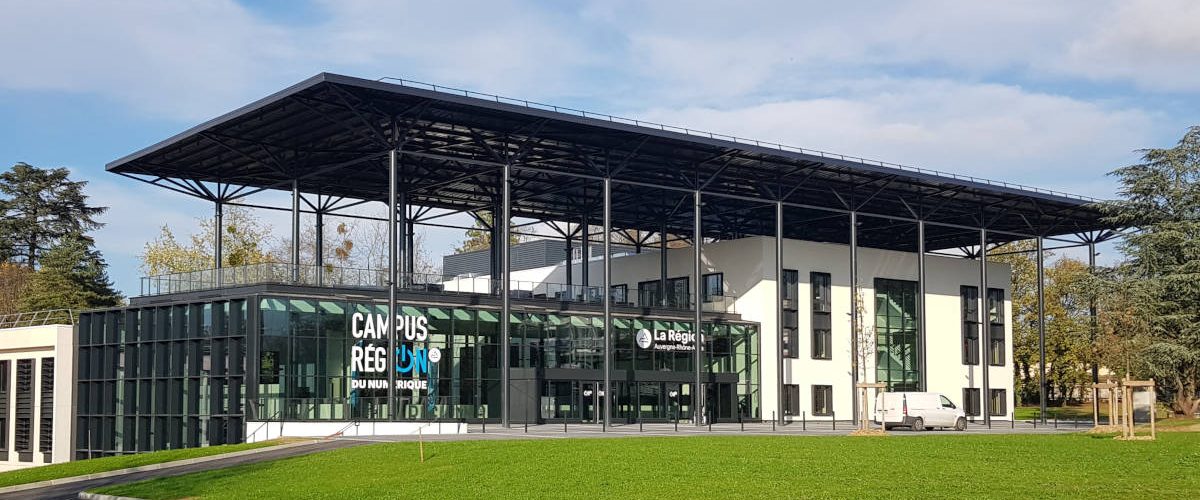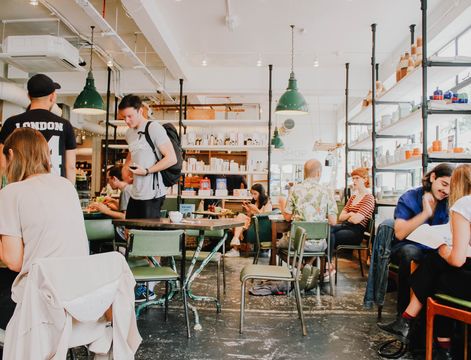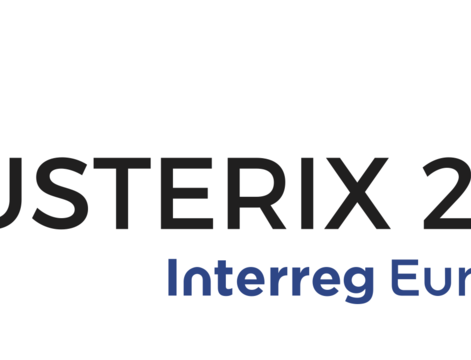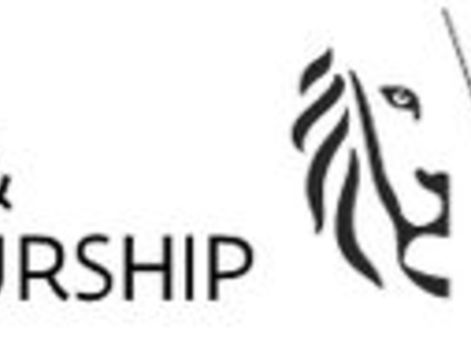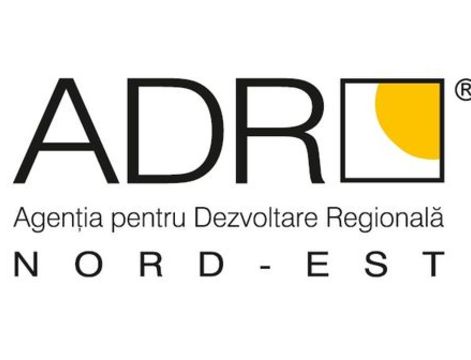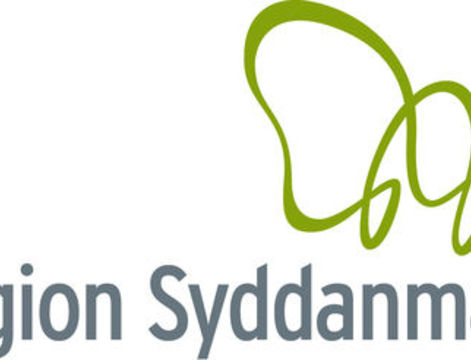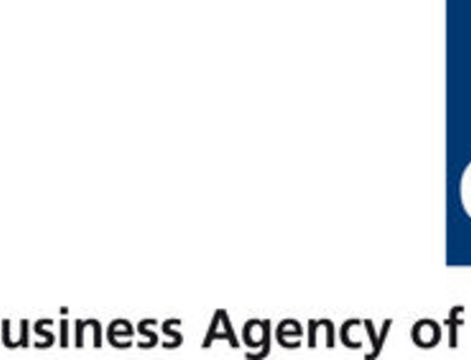
During 20-22 November 2018 the European cluster community witnessed a true première: for the first time in the European cluster history, two countries decided to bring their already existing good cluster collaboration to a next level and merged their national cluster conferences into one big, impactful Joint Romanian-Hungarian cluster conference. Under the motto: „Bridging countries reaching Europe”, it became an inspiring example for a joint approach in organising a large cross-border event dedicated to raise awareness in the broad European cluster community on the role clusters play at European level. CLUSTERIX 2.0 partners presented the jointly developed policy recommendations as well as learnings from the project. The conference represented also the perfect setting for the first of the two kick-off events of the EU Cluster Weeks initiative brought to life by the European Commission, DG GROWTH (the second kick-off event happening in Denmark between 26-30 November 2018).
The event was also introduced by Gabriela Pirvu and Peter Keller (national ministries representatives) on 15 November 2018 to the cluster policy representatives from the other 26 Member States during the third meeting of the European Cluster Policy Forum. The European Commission was represented by Annalisa Tessarolo, policy officer at DG Growth, Unit for Advanced Manufacturing, Clusters and Social Economy.
The Joint Romanian-Hungarian Cluster Conference started on 20 November in Oradea, Romania and was opened in the presence of Mr. Ilie Calin Bodea - State Secretary of the Romanian Ministry of Economy, Mr. Balázs Greinstetter - Deputy State Secretary of the Hungarian Ministry of Finance, Mr. Zoltán Pajna – President of the Hajdu-Bihar County (HU) and Mr. Sandor Pasztor – President of the County Council Bihor (RO).
Both representatives of the Romanian and Hungarin ministries referred in their speeches to the evolution of the relationships at cluster policy level in the field of promotion and development of clusters in - and between - the two countries.
More than 400 participants – representatives of cluster organisations, of national, regional and local authorities, of the European Commission, of the academic world and of governmental agencies, as well as cluster experts from Romania, Hungary, Austria, Belgium, Bulgaria, Czech Republic, Denmark, France, Finland, Georgia, Germany, Italy, Poland, Republic of Moldova, Spain, Sweden, attended the 2 and a half days conference organised both in Oradea (Romania) and Debrecen (Hungary). On the agenda there were themes such as cluster business models – new models of innovation in a fast changing world, how to support and further develop cluster management, digital transformation, clusters as a tool for innovation, cluster future – the Y generation and the new start-ups. Besides these topics addressed through inspiring presentations as well as lively panel discussions involving the audience there were special sessions dedicated to debates on European opportunities and perspectives for Bihor clusters organised by Afaceri.ro (co-organiser of the event) and an EEN matchmaking event. The conference was also a get-together for cluster-related projects such as CLUSTERIX2.0, CLUSTERS3, CLUSTERFY, STRING, DANUBIOVALNET, FORESDA, ROSEWOOD to meet, exchange and explore possibilities for cross-collaboration. Within this interregional cluster policy interaction, CLUSTERIX2.0 presented the joint recommendations developed over the 3 years project timeIt is important to note the convergence of discussions on two relevant issues for the geographical area: on one hand the positive evolution of the cluster concept with a particular focus on innovation clusters and on the other hand the importance of the talent attraction – and retention – for a competitive and long term development of the industrial tissue in the cross-border region. One highlight of the conference was the special interactive cluster activity with the audience: a cluster quiz organised and moderated by Gál Kormendy, president of the Hungarian National Alliance of Innovative Clusters (IKOSZ) and Zita Zombori, cluster expert. The questions were smart, but what remains is the memory of animated discussions with participants from the audience who defended their diverse – and divergent – answers.

The main organisers of the event were Clustero (Romanian Cluster Association) represented by Daniel Cosnita (president) and the Hungarian Ministry of Finance, represented by Peter Keller (Head of Unit, International and Cluster Unit, Managing Authority of Economic Development Programmes) and also powered by the Interreg Europe Project Clusterix 2.0 represented by Simone Hagenauer from the Lower Austrian Business Agency ecoplus. Lucia Seel, international cluster expert, moderated the whole conference.
More information about the event and access to the presentations will be available here within shortly.
Videos are available here.
